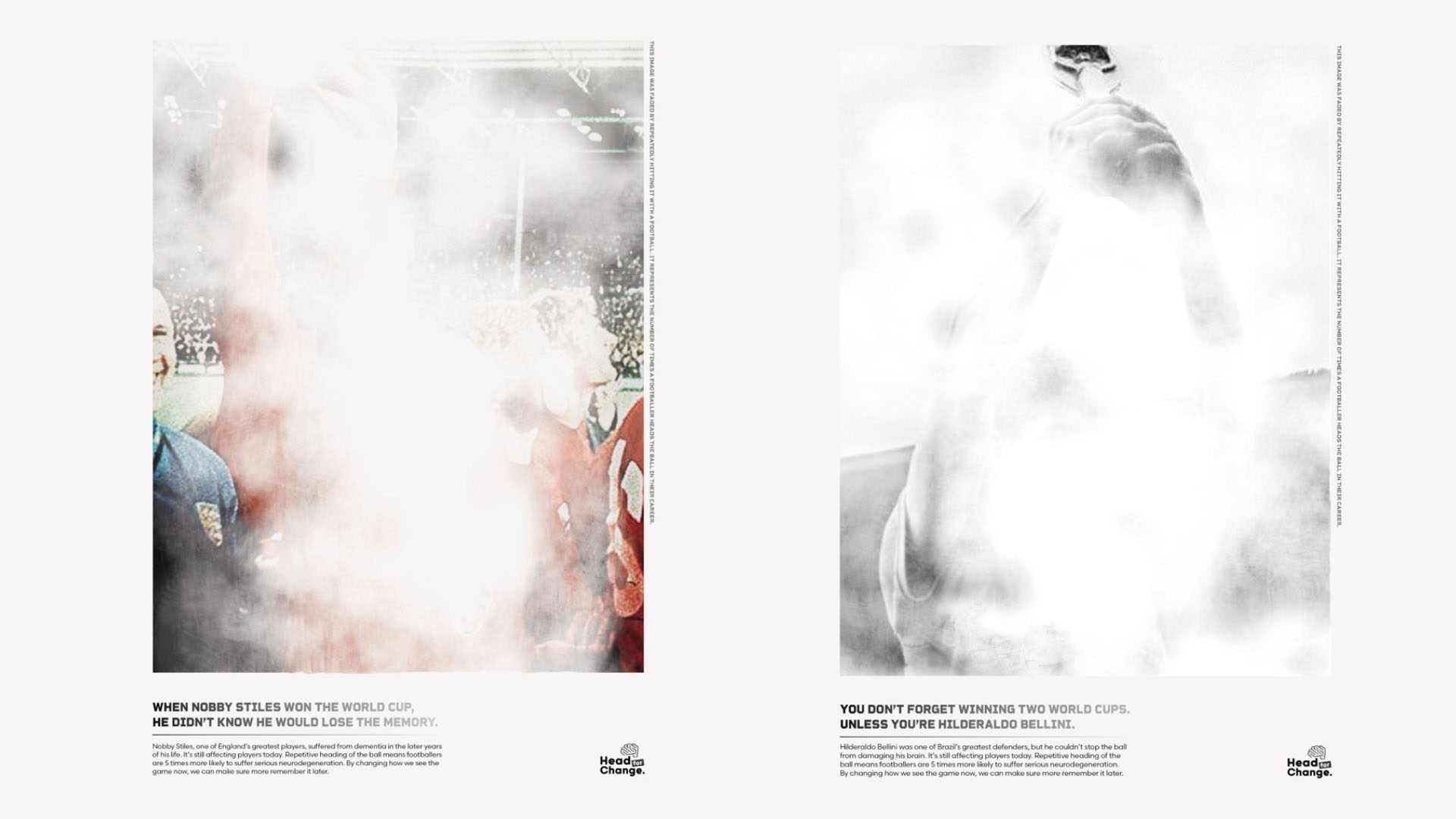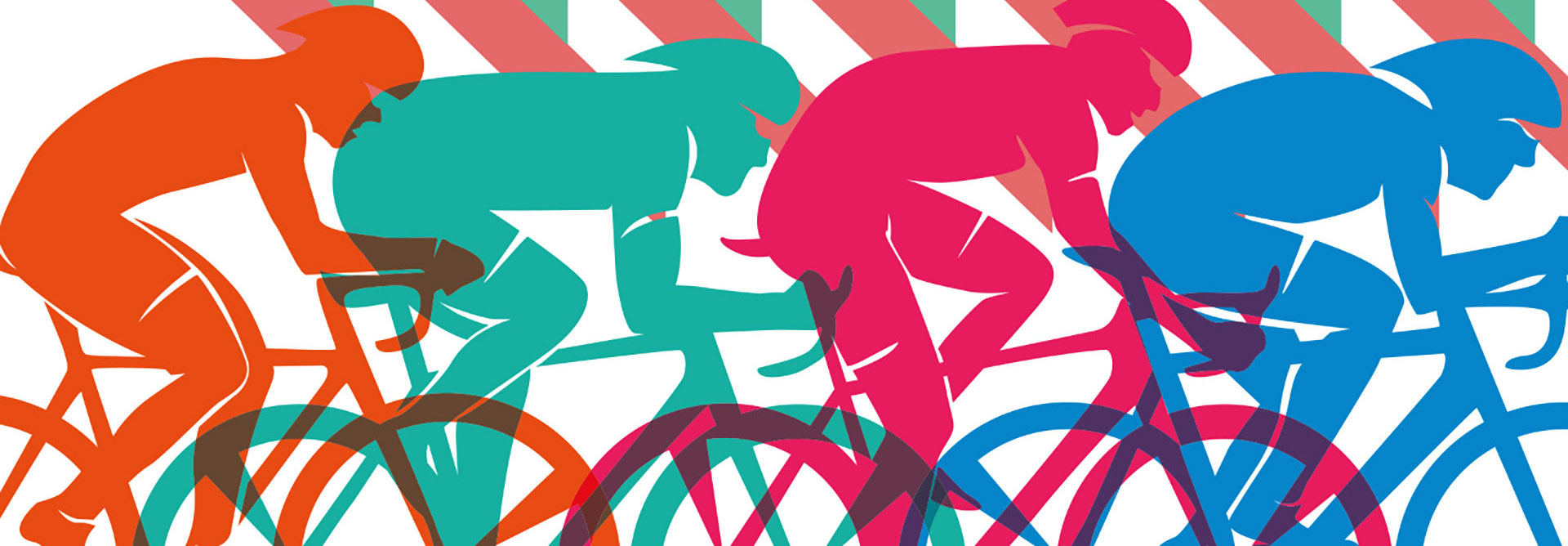We’re partnering with the University of South Wales on a study examining the impact of head injury on retired rugby union players

We’re delighted to announce our partnership with the University of South Wales on their new study, examining the impact of head trauma on retired rugby union players.
This study will shine a light on how repeated head impacts in contact sports may affect brain health over time, potentially influencing the risk of conditions like dementia or stroke. By comparing former rugby players with age-matched individuals who haven’t experienced head trauma, the study hopes to advance research into brain health, using the findings to improve protective measures and interventions.
At Head for Change, our vision is to pioneer positive change and to prioritise brain health in sport. We want to create a world where sport is as good for your brain as it is for your body.
Professor Damian Bailey, the Director of the Neurovascular Research Laboratory at the University of South Wales, will oversee this study. His team’s research into concussion has received numerous scientific awards at international conferences, impacting policy and practice. Damian has served on advisory panels for the UK Government’s Department for Digital, Culture, Media and Sport, the Medical Research Council, and the Sport and Recreation Alliance. He contributed to the first Concussion Guidelines for Non-Elite Sport (“If In Doubt, Sit Them Out”) and Concussion in Sport Research Priorities, to better understand the risks, consequences, prevention and treatment of injuries relating to head impacts in collision sports.
How can you help?
If you’re a retired male or female rugby player aged 30-59 with a history of at least three concussions, and meet certain health criteria, you might be eligible to take part in the study.
Even if you’re not a retired rugby player, you can still contribute to this valuable research by being part of the control group. The control group will be made up of men and women aged 30-59 with no history of rugby participation, concussions or head trauma, ideally active in a non-contact sport.
| Inclusion Criteria | Exclusion Criteria |
|---|---|
| You agree to give your consent over the phone and in writing. | You do not understand verbal and written information in English well enough to complete the telephone screening. |
| You are between 30 and 59 years old. | You are younger than 30 or older than 59 years old. |
| If you are in the experimental group, you have had three or more concussions. | If you are in the control group, you have a history of concussion or head injury. |
| If you are in the control group, you have no history of concussion or head injury. | You have uncontrolled heart or blood vessel issues like angina, heart attack, stroke, or atherosclerosis. |
| You have no uncontrolled heart or blood vessel issues, like angina, heart attack, stroke, or atherosclerosis. | You have an uncontrolled lung condition, such as poorly controlled asthma, lung infections, or COPD. |
| You have no uncontrolled lung conditions, like poorly controlled asthma, lung infections, or COPD. | You have a kidney problem that prevents you from doing physical activity. |
| You have no kidney problems that would stop you from doing physical activity. | You have poorly controlled diabetes. |
| You do not have uncontrolled diabetes. | You have a chronic illness. |
| You do not have a disability that affects your ability to cycle. | You have a disability that prevents you from cycling. |
| You do not have a limb deformity that prevents using a blood pressure cuff. | You have a limb deformity that prevents using a blood pressure cuff. |
| You have a resting blood pressure above 90/60 mmHg and no uncontrolled high blood pressure (140/90 mmHg or higher). | You have a resting blood pressure lower than 90/60 mmHg or uncontrolled high blood pressure (140/90 mmHg or higher). |
| You do not smoke or have not smoked in the last 10 years. | You have smoked within the last 10 years. |
| You do not use recreational drugs and have not in the last 10 years. | You have used recreational drugs in the last 10 years. |
| You are registered with a GP. | You are not registered with a GP. |
| You do not have epilepsy. | You have epilepsy. |
| You are able to complete the study, with no injuries or upcoming changes in personal circumstances. | You are unable to continue the study due to an unrelated injury or a change in your personal circumstances. |
| You can lie flat on your back for an extended period of time (i.e. several hours). | You are unable to lie flat on your back for an extended period of time (i.e. several hours). |
What do you need to do?
To participate in the study, you’ll need to have a quick call with the University to make sure you meet all the health criteria. After that, you’ll visit the Neurovascular Research Laboratory at the University of South Wales (located in Treforest) on two occasions for 3-5 hours each time. While there, you’ll undergo an assessment of your brain function, blood flow and physical health. All the information collected will be anonymised so you can’t be identified, but the team at the university will share and explain your results with you.
What’s in it for me?
Head for Change will reimburse rugby players for reasonable travel expenses.
Want to get involved?
Email PhD student, [email protected] to express your interest.








